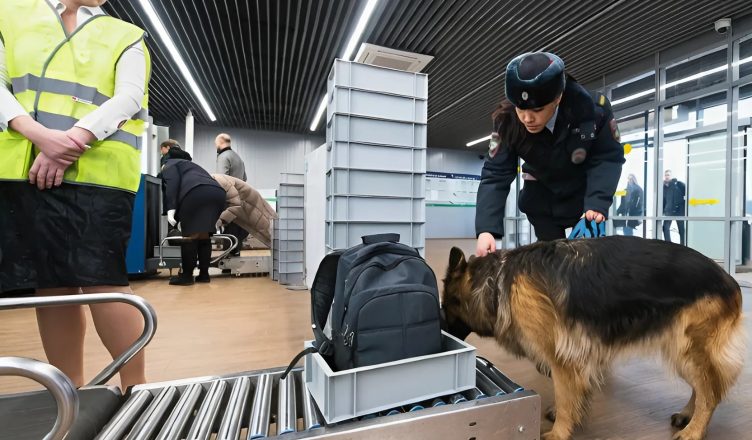In the vibrant capital of Lebanon, Beirut, stands the country’s sole passenger and cargo air gateway—Rafic Hariri International Airport. Far more than just a transportation hub, it is a critical lifeline for a nation with a rich past, a resilient spirit, and a global diaspora that stretches across continents. Every day, the airport pulses with thousands of lives intersecting—travelers, businesspeople, returning emigrants, aid workers, and tourists—all passing through its terminals in a swirl of motion, hope, and complexity.
It is perhaps this uniqueness—being the only commercial airport in Lebanon—that gives Rafic Hariri International Airport its symbolic and logistical significance. For millions, it is the first or final impression of the country. And in times of peace, crisis, or recovery, it remains a constant link between Lebanon and the world beyond.

A Nexus of Movement
Beirut’s Rafic Hariri International Airport serves not only as the country’s aerial doorway but also as a symbol of its enduring connection with the international community. With no alternative passenger airports within national borders, this single site bears the full weight of national and international air traffic. In any given hour, you can witness a seamless convergence of cultures: Arabic spoken beside French, English intertwined with Armenian, African dialects harmonizing with European accents.
Daily operations involve an intricate ballet of logistics. Planes from the Gulf, Europe, Africa, and the Americas touch down, unload, and lift off again. Cargo ranging from fresh produce and humanitarian aid to luxury goods and industrial materials is moved across the runways and into transport vehicles bound for Beirut and beyond. Behind each item is a story—family packages sent from relatives abroad, commercial shipments powering local businesses, medical supplies critical to clinics across the country.
The airport’s role is magnified by Lebanon’s challenging topography and its political and economic fragility. Land borders with Syria are sensitive, and seaport usage can be complex due to regional tensions. Thus, the air becomes the most reliable and controlled passageway for goods and people alike. And with this centrality comes a massive responsibility—especially when it comes to safety and security.
Security at the Forefront
Given Lebanon’s complex geopolitical history and its strategic location in the Middle East, airport security is not merely procedural—it is existential. Every individual, every suitcase, every shipment passing through Rafic Hariri International Airport undergoes a meticulous screening process. Security personnel, many of whom are trained under international protocols, operate under constant alert.
Multiple layers of inspection—customs, intelligence monitoring, and technological surveillance—ensure that the airport remains one of the most secure facilities in the region. From advanced baggage scanners to human behavioral monitoring, the security approach blends modern technology with human intuition. What makes this particularly impressive is how these systems manage to balance efficiency with diligence, allowing thousands of passengers to pass through without long delays while still maintaining tight oversight.
Lebanon, with its history of conflict, is no stranger to heightened vigilance. Yet the airport, even under moments of political pressure or regional instability, has remained functional—a testament to the resilience of its operators and its importance as a national institution.
Beyond Function: A Cultural Crossroads
Rafic Hariri International Airport is not just about arrivals and departures—it is an emotional stage. Reunion scenes play out daily in the arrival hall, where families separated by borders are brought together, often with tears and laughter. The departure gates witness bittersweet goodbyes—parents hugging their children goodbye as they emigrate in search of opportunity, students heading abroad, or workers returning to jobs in distant lands.
In many ways, the airport reflects Lebanon itself—a land of paradoxes, where pain and pride co-exist. Within its halls, you might find a returning Lebanese expat reminiscing about their grandmother’s cooking, a foreign journalist ready to cover a breaking story, a humanitarian arriving with medical supplies, and a newlywed couple embarking on a honeymoon—all waiting at the same gate.
Even the shops and cafes inside the terminal tell a story. You’ll find cedar souvenirs and Arabic calligraphy side by side with European luxury goods. Local cuisine stands next to global coffee chains. It’s a space where the local and global merge in real-time, encapsulating Lebanon’s dual identity as both proudly Levantine and universally connected.
A Test of Endurance and Hope
Over the past decades, Rafic Hariri International Airport has witnessed Lebanon’s joys and sorrows—from times of flourishing tourism to periods of devastating explosion, like the 2020 Beirut p
 Fact Stream Daily
Fact Stream Daily



